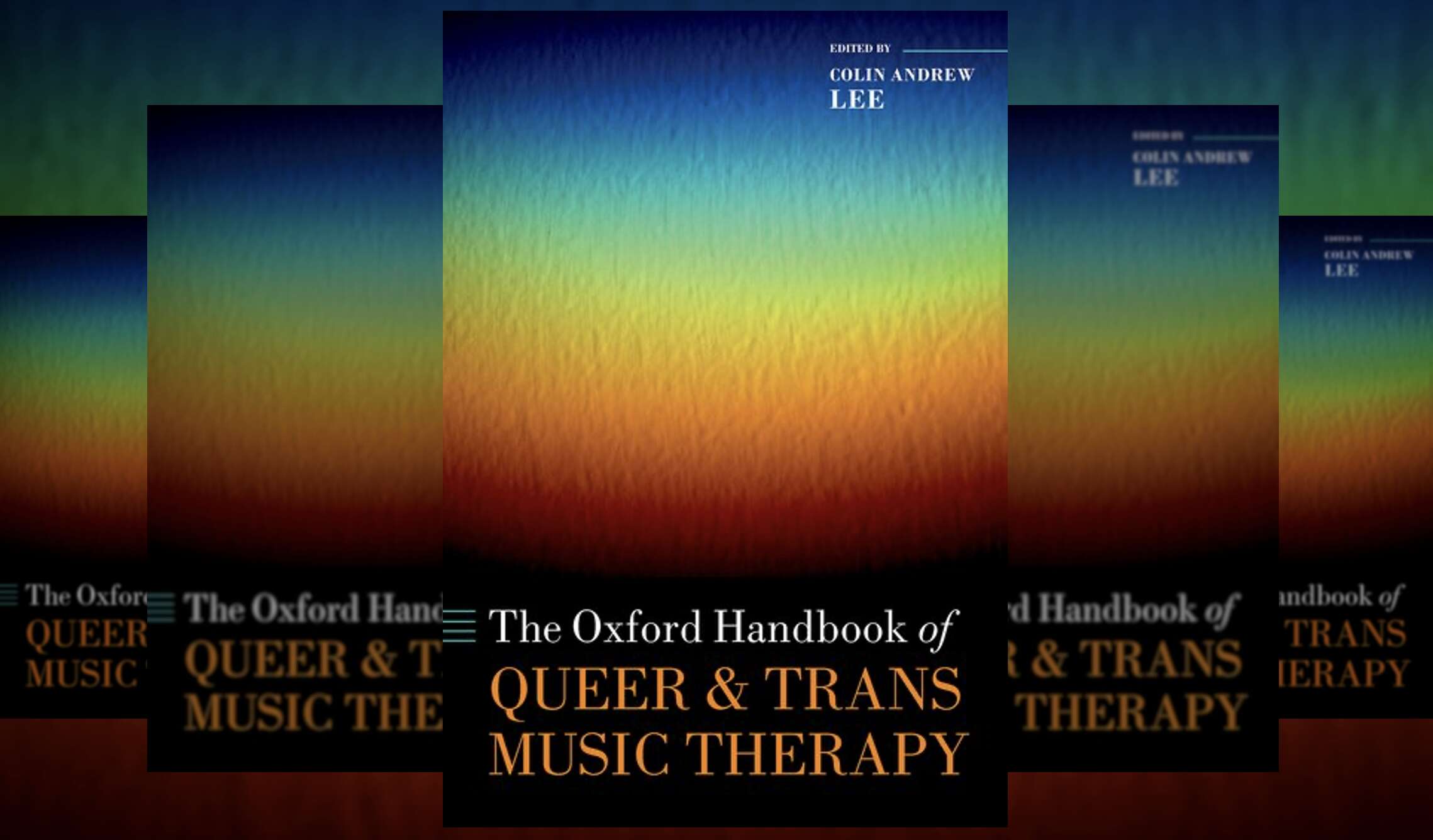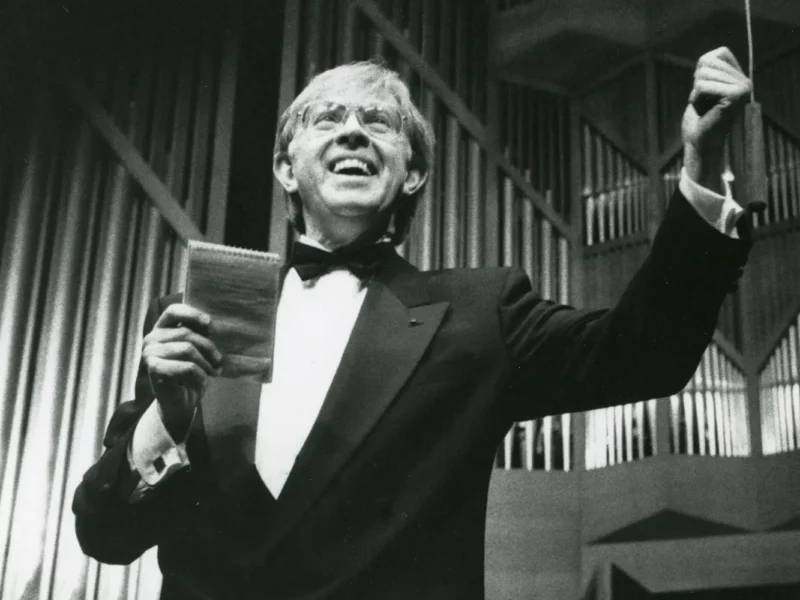Oxford University Press Releases “The Oxford Handbook of Queer and Trans Music Therapy”
Edited by Colin Andrew Lee, the publication comprises contributions from over 30 experts from all over the world
Oxford University Press has released “The Oxford Handbook of Queer and Trans Music Therapy” (QTMT), which celebrates queer, trans, bisexual and gender nonconforming identities and “the spontaneous creativity that is at the heart of queer music-making.”
Exploring the emerging queer and trans issues in music therapy, the handbook involves contributions from diverse leaders in the field, plus includes extensive audio and video content to supplement its text.
The book covers various topics under six subsections: historical contexts; practice; education and supervision; theory, philosophy, and musicology; research; and identity, advocacy, and activism.
Edited by Colin Andrew Lee, Professor Emeritus at Wilfrid Laurier University, the book’s authors also include Mason Gibson, Simon K. Gilbertson, Avi Gilboa, Vee Gilman, kei slaughter, Jill Halstead, Elly Scrine, Uri Aronoff, and many others.
QTMT is an emerging and rapidly evolving approach in today’s music industry and questions perspectives from cisheteronormative traditions that have dominated the field.
In this respect, “The Oxford Handbook of Queer and Trans Music Therapy” discusses sociopolitical issues that challenge music therapy as a dominantly white, heteronormative, and cisgendered profession.
This handbook further examines what it means to create queer and trans spaces in music therapy, and provides open discourse on the need for change and new beginnings.
To purchase and read the handbook, click here.
“The therapists, musicians and artists included in this book collectively embody and represent a range of theory, research and practice that are central to the essence and core values of QTMT,” wrote Oxford University Press in the book description. “Music as a therapeutic force has the potential to transform us in unique and extraordinary ways. In this book music and words are presented as innovative equals in describing and evaluating QTMT as a newly defined approach.”
june 2025





































